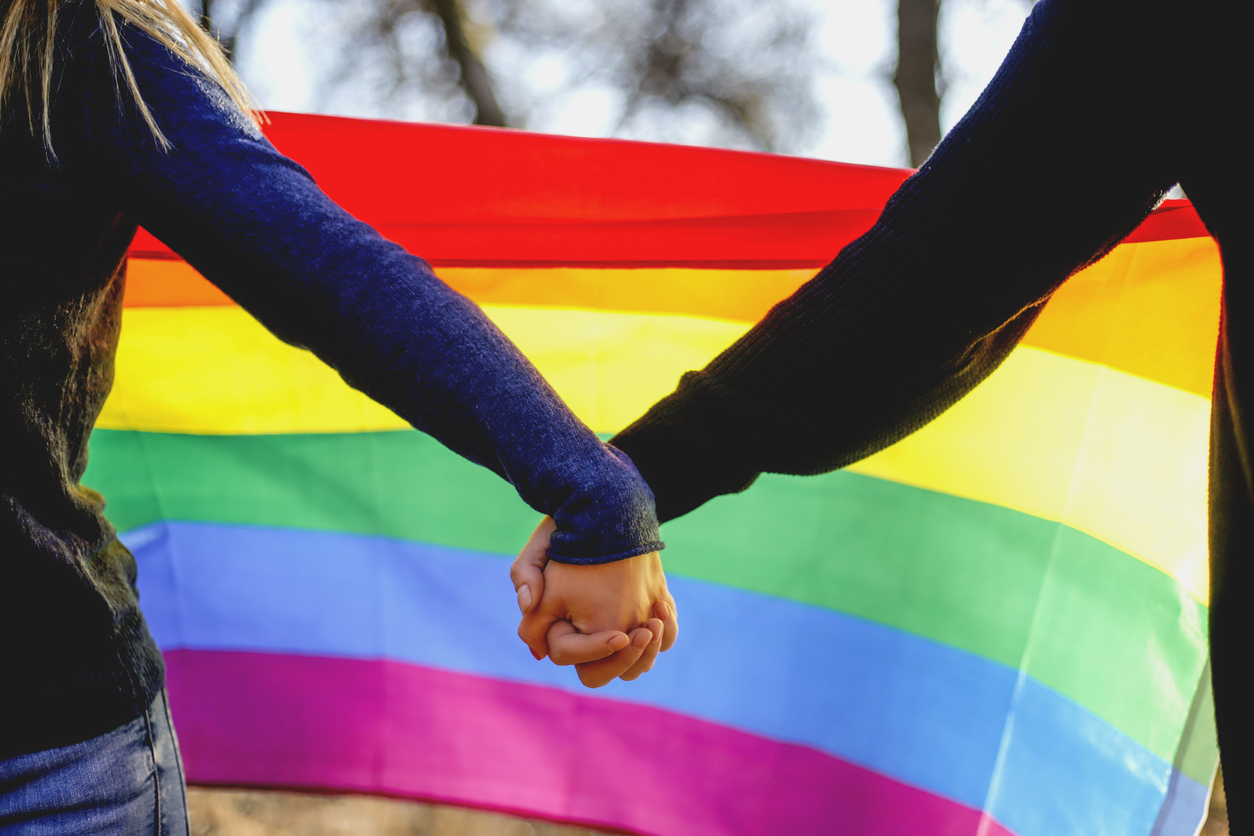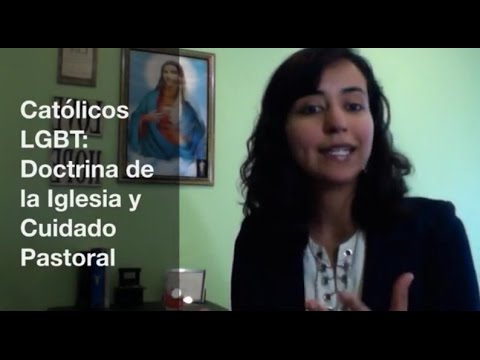Today, the Dicastery for the Doctrine of the Faith, headed by Cardinal Víctor Manuel Fernández, issued a declaration that will long be remembered by LGBTQ people. Entitled “Fiducia Supplicans” (from the first two words in Latin, meaning, “Supplicating trust”), the declaration opens the door, for the first time, for the official blessings of same-sex couples by ministers of the church—something that has long been desired by LGBTQ Catholics and their families and friends.
The declaration also includes a larger meditation on blessings in the Catholic tradition and cautions that the blessings for same-sex couples and others in “irregular” unions should be done in a way that does not confuse these blessings with sacramental marriage or suggest a liturgical rite. But even with those provisions, this is a major step forward for LGBTQ Catholics.
The declaration opens the door, for the first time, for the official blessings of same-sex couples by ministers of the church.
“It is precisely in this context that one can understand the possibility of blessing couples in irregular situations and same-sex couples without officially validating their status or changing in any way the Church’s perennial teaching on marriage,” wrote Cardinal Fernández in the document, approved by Pope Francis.
Why is this a major step?
First, it is the first time that a Vatican document treats same-sex couples with such pastoral care. It marks a dramatic shift from the dicastery’s (then congregation’s) responsum two years ago, which said that priests and deacons could under no circumstances bless same-sex couples because “God cannot and does not bless sin.” As an aside, a “declaration” is more substantial and, therefore, authoritative than a responsum, which is usually responding to a more specific question (called a dubium) and is narrower in scope. (For some context, “Dominus Iesus,” a landmark document on other Christian denominations and other religions, published in 2000, was also a declaration.)
There was widespread reaction to that responsum, as the new declaration notes in its opening. In particular, LGBTQ people and their friends and families felt that the focus on such relationships as sinful ignored or rejected their experience of loving, committed and self-sacrificing same-sex relationships. News reports also suggested Pope Francis was himself unhappy with that statement, and eventually the person responsible for its publication was removed from the C.D.F. So the Vatican’s pastoral approach to same-sex couples (as well as other couples not sacramentally married) has clearly shifted in the last two years.
It is the first time that a Vatican document treats same-sex couples with such pastoral care.
The declaration is also in line with the letter that Pope Francis wrote to Cardinal Fernández when he was installed as the new prefect of the D.D.F., in which the pope encouraged him to support the “harmonious growth” in theology and, quoting from “Evangelii Gaudium,” noted that the church itself “grow[s] in her interpretation of the revealed word and in her understanding of truth.” Many observers saw that as a new way of understanding the role of the D.D.F., which in recent years had been more concerned with responding to errors.
Second, you may hear from some quarters that “nothing has changed.” It reminds me of my church history professor, John W. O’Malley, S.J., who said that when church teaching changes, the most common introduction is “As the church has always taught… “
Here, Father O’Malley’s insight is made manifest in a slightly different way. Some Catholics oppose any steps toward greater inclusion for LGBTQ people in the life of the church. We saw some of this during the Synod on Synodality, where I was a voting member, with significant pushback from certain quarters on even using the term “LGBTQ.” So, for some, this declaration (even though it specifies that the blessings must not in any way seem like a marriage rite) will be threatening, and the temptation will therefore be to say, “Nothing has changed.”
The change here is that these blessings are now officially sanctioned by the Vatican.
But a great deal has in fact changed. Before this document was issued, there was no permission for bishops, priests and deacons to bless couples in same-sex unions in any setting. This document establishes, with some limitations, that they can.
Of course, some may say that there are many restrictions (as noted above), while others will note that in some places (most notable in the German church) these blessings were already widespread. (One German bishop told me during the Synod that he himself blessed such unions outside his cathedral.) The change here is that these blessings are now officially sanctioned by the Vatican. Today, with some limitations, I can perform a public blessing of a same-sex couple. Yesterday, I could not.
Third, it is a major step because it continues Pope Francis’ continual outreach to LGBTQ people.
To take but one example, during the month of October, Pope Francis met with LGBTQ representatives three times. A few days before the Synod began, he met with me in a private audience at the Casa Santa Marta; halfway through the Synod, he met with Jeannine Gramick, S.L., along with her New Ways Ministry team; and finally, during a general audience toward the end of the month, he met with Marianne Duddy-Burke and other representatives from the Global Network of Rainbow Catholics (G.N.R.C.), an umbrella group for LGBTQ Catholic groups worldwide. (Speaking of umbrellas, on the day of that final meeting with G.N.R.C., an immense rainbow appeared over St. Peter’s Basilica.)
I welcome this new declaration and see it as a much-needed pastoral response to Catholic same-sex couples in loving, committed and self-sacrificing relationships.
Some LGBTQ people may be disappointed that this declaration doesn’t go as far as they might hope—that is, allowing same-sex couples to be married sacramentally. Others, especially in countries (and dioceses) where the entire topic is off-limits, will think it goes too far. Both groups, however, can agree that this is a significant change.
As for me, I welcome this new declaration and see it as a much-needed pastoral response to Catholic same-sex couples in loving, committed and self-sacrificing relationships who desire God’s presence and help. And as a priest I look forward to blessing same-sex couples, and sharing with them the graces that God desires for everyone, something I’ve waited years to do.
This article is also available in Polish.




